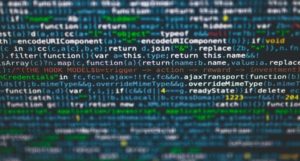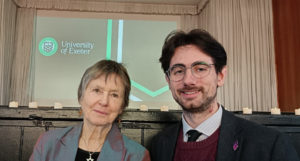Magicians don’t mind sharing the secrets behind tricks – if they are their own, study shows

Illusionists who took part in major new research thought it was OK to expose their own techniques, but not those invented by others
Magic is one of the oldest forms of entertainment, and much of its enchantment is said to rely on the audience not knowing how the tricks are done.
However, while magicians swear to keep their secrets forever when they embark on their profession, they are happy to share the tricks of their trade in certain circumstances, a new study shows.
Illusionists who took part in major new research thought it was OK to expose their own techniques, but not those invented by others, and also believe it is acceptable to reveal the secrets behind tricks invented by someone who has since died.
They didn’t think it was right to share the workings of a magic trick just to gain public visibility, but thought it was acceptable to share their secrets if they were being paid for their knowledge.
Exposing secrets was seen as more acceptable when it was done to promote good, such as enhancing wellbeing, undertaking scientific research or protecting the public from fraud.
And magicians rated exposing magic tricks frequently found in children’s magic sets to be significantly less acceptable than those bought in public shops.
The study, published in The Journal of Performance Magic Research, was led by Professor Brian Rappert, from the University of Exeter, and Dr Gustav Kuhn, from the University of Plymouth.
They are both members of The Magic Circle and while Professor Rappert uses entertainment magic to convey how disclosure and concealment figure in everyday life and international relations, Dr Kuhn’s work seeks to unravel the science behind magic.
In the study, they highlighted that while magician societies enforce strict rules to safeguard their secrets, the internet has fundamentally changed the ease by which tricks are being exposed.
As such, they said, the research aims to demonstrate some of the complex considerations magicians ran focus groups to discover what magicians truly think about exposing secrets.
Professor Rappert said: “We wanted to question ways of thinking about what makes magic magical and, thereby, how we can experience wonder and awe. Those interviewed offered a wider range of justifications for why exposures within performances of magic were justified. Some said it was perfectly fine to unveil a closely guarded magic secret if it’s in the context of performing a trick that relies on a different method. Indeed, it was widely contended that exposure could enhance audiences’ experiences.”
Dr Kuhn said: “Our research reveals the fascinating and often contradictory dynamic around when it is deemed acceptable to reveal a magic secret. The magicians we spoke to were torn between protecting their secrets, enabling new entrants into the art and rewarding magicians for their individual contributions.
“Mass online tutorials mean traditional transactional expectations that served to police the dissemination of information are ever more under strain. While the moral compact that those buying method instructions would “keep the Magician’s Code” was always more aspiration than prognosis in the past, today when methods for vast numbers of magic effects are only a few keystrokes away, the prospects that information about methods will be closely bound is ever more remote.”



